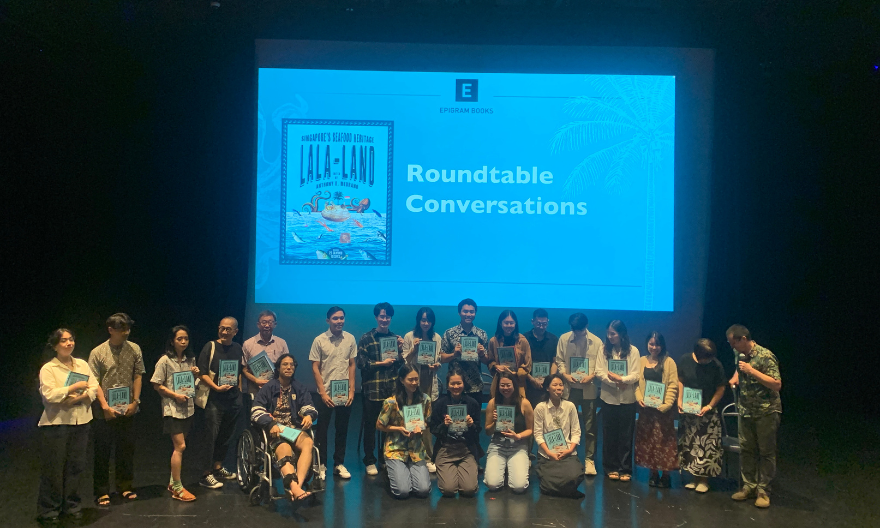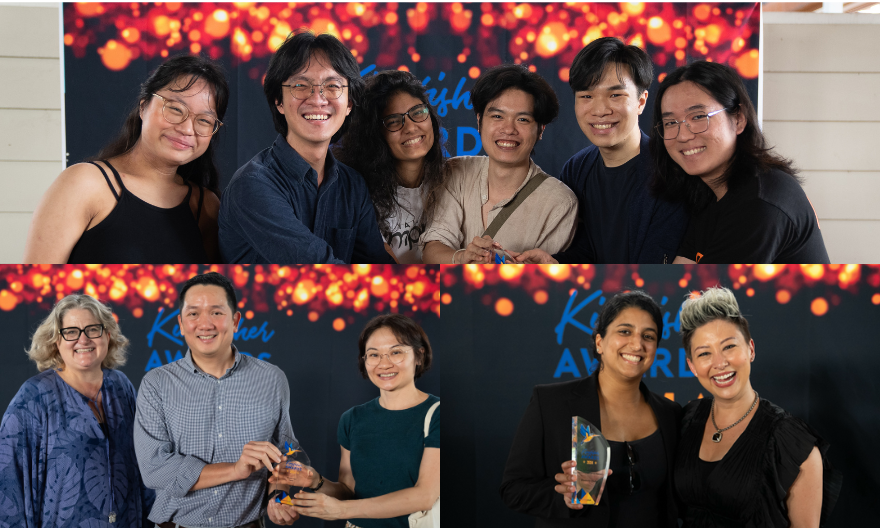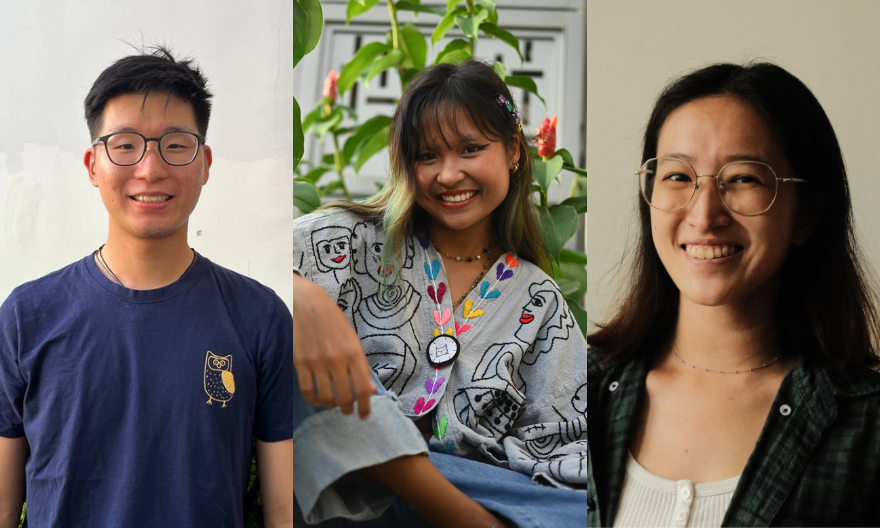Yale-NUS College and Yale University Professors discuss the future of meritocracy
Meritocracy – a common organising principle of education systems and job markets – has attracted criticism in recent years with concerns about how it continues to entrench societal stratification.
This was highlighted by Yale Law School’s Guido Calabresi Professor of Law and author of The Meritocracy Trap, Daniel Markovits and Yale-NUS Head of Studies (Double Degree Programme in Law and Liberal Arts) and Associate Professor of Social Sciences (Socio-legal Studies; Law & Society), Lynette Chua at “The Future of Meritocracy” webinar organised by Yale-NUS College on 7 April 2021.
 From left (clockwise): Prof Markovits, Assoc Professor Chua and Dr Trisha Craig engaging audience at the webinar.
From left (clockwise): Prof Markovits, Assoc Professor Chua and Dr Trisha Craig engaging audience at the webinar.
To familiarise the audience with the notion of meritocracy and how it relates to inequality, Prof Markovits first elaborated on the main arguments he made in his book, The Meritocracy Trap, where he introduced the concept of “meritocratic inequality”. He stressed that “meritocratic inequality” was prominent across two societal realms: in education systems and at work. The elites had the advantage of training their children in a meritocratic system of educational competition while technology at work complemented elite workers and replaced mid-skilled jobs with low-paying ones. All these, according to Prof Markovits, led to a vicious cycle where “only the rich can win.” He went on to argue that such a system benefited no one and could be politically dangerous if unmitigated.
Assoc Prof Chua quoted examples closer to home, citing how the education systems in China and Singapore could potentially give rise to “meritocratic inequality”. She highlighted that one’s success in exams typically determined whether one remained stuck in the social class or income bracket that one originated from.
When asked about solutions to this pressing issue, Prof Markovits proposed to democratise education, where selective institutions should increase enrolment so as to “make the elite less elite” and focus on making their educational model “less hierarchical and more egalitarian”. He also suggested the need for industrial policies to favour innovations that increased the productivity of mid-skilled workers, rather than those who were already highly skilled through rigorous training.
Responding to questions from the audience online, Prof Markovits and Assoc Prof Chua shared valuable insights on pertinent issues such as whether private education should be abolished and whether the education system should prioritise “superiority” or “excellence”.
According to Prof Markovits, while private education could be “damaging”, it need not necessarily be banned. Instead, private schools could keep to their distinctive educational missions but should not charge more than they should, to avoid catering only to the exclusively rich. He added that schools should prioritise “excellence” over “superiority” and not simply pitch students against each other in intense competitions.
Concluding, Prof Markovits highlighted that the management and financing structure in the workplaces also made it possible for highly educated elite individuals to be in corporate control where they were well-incentivised to deliver returns for stakeholders while the remaining operations were outsourced to other workers. “There is thus massive incentive to suppress the wages of everybody else and to increase the wages of elite executives,” he said.
The event was part of a series of webinars that the College planned to bring together faculty experts from Yale-NUS and Yale University. The webinars seek to foster lively exchanges of knowledge and bring expert opinions to the Yale-NUS community, and local and international audiences. For more information about future events, please subscribe to our mailing list.
Watch the full video here:





